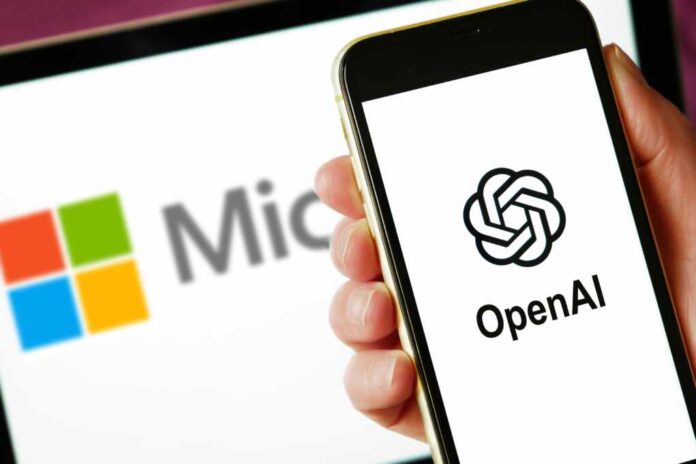
The European Union’s competition regulator is taking a closer look at Microsoft’s significant investment in OpenAI, the developer behind the revolutionary ChatGPT. This scrutiny underscores a burgeoning concern about whether global markets are witnessing the dawn of a new era in tech monopolies driven by artificial intelligence (AI).
Recently, the European Commission announced its intention to determine if Microsoft’s $13 billion investment into OpenAI should be evaluated under EU merger regulations. Margrethe Vestager, Executive Vice-President and Commissioner for Competition, emphasized the need for maintaining competitive dynamics in burgeoning AI markets. “We are inviting businesses and experts to tell us about any competition issues whilst also closely monitoring AI partnerships,” Vestager stated.
EU Watchdog Mulls Probe On Microsoft's OpenAI Partnership Over "Competition Issues" https://t.co/en6G0R7Bnu
— zerohedge (@zerohedge) January 9, 2024
This EU probe is not an isolated case. Across the Atlantic, the United Kingdom’s Competition and Markets Authority (CMA) is also weighing the implications of the Microsoft-OpenAI partnership. Echoing similar concerns, the CMA is examining whether this partnership translates into a merger-like control over OpenAI by Microsoft.
The United States isn’t remaining on the sidelines either. The Federal Trade Commission (FTC) has indicated its intent to review Microsoft’s investment for potential antitrust violations. FTC Chair Lina Khan has previously highlighted AI’s risks in cementing large tech firms’ market dominance. This sentiment resonates with the EU’s current concerns.
The core of the issue revolves around how Microsoft’s involvement with OpenAI might alter market dynamics. While Microsoft claims its relationship with OpenAI is “very different from an acquisition,” it has nonetheless secured a non-voting observer seat on OpenAI’s board following a high-profile corporate dispute within OpenAI that briefly ousted CEO Sam Altman.
The EU’s inquisitive stance is part of a broader effort to ensure its regulatory oversight keeps pace with the rapid evolution of AI. Brussels is also examining agreements between prominent digital market players and generative AI developers, aiming to understand the impact of such partnerships on market competition.
The EU is not just casually observing but actively seeking to understand and possibly regulate these new alliances. Vestager’s upcoming meetings in Silicon Valley with top tech bosses, including those from OpenAI, signal a proactive approach to ensure fair competition in the AI realm.
The EU’s review, although preliminary, could escalate into a full-scale investigation if sufficient grounds are found. The unusual nature of Microsoft’s relationship with OpenAI, where it owns no traditional equity stake but is entitled to a capped share of OpenAI’s profits, adds complexity to the antitrust considerations.
Big Tech’s race to partner with AI startups further intensifies this scrutiny. With companies like Google and Amazon investing billions in private AI companies and Microsoft backing entities like Inflection, the landscape of AI and tech alliances is rapidly evolving.
















